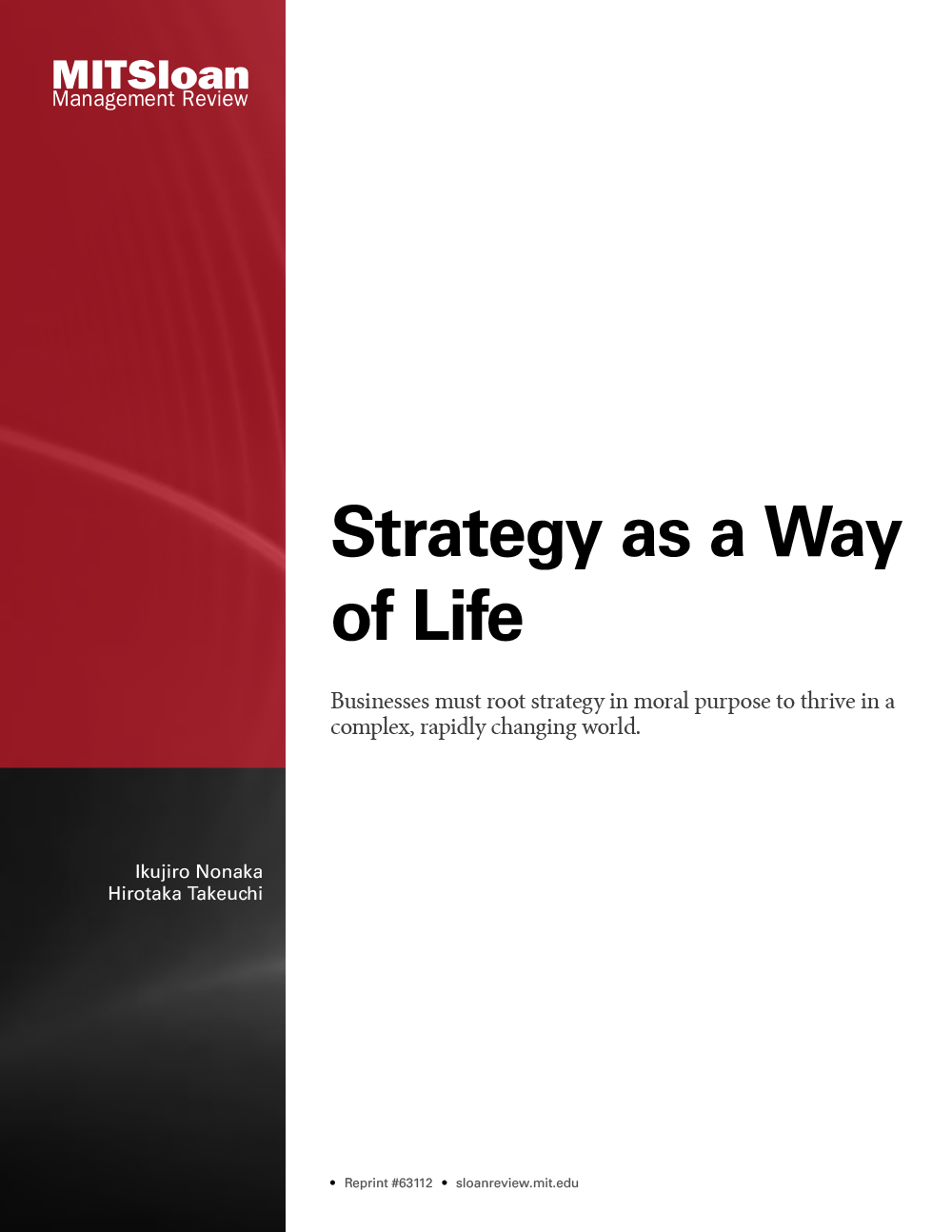
Sustainability and Performance
With the economy and the equities markets increasingly unpredictable and faith in corporate governance in steep decline, it is not surprising that stakeholders of all types have growing interest in the sustainability of companies. Yet the word sustainability remains ambiguous and politically charged, particularly within the lexicon of business. When, as is commonly the case, the term is limited to encompass environmental management or social equity, sustainability is often perceived to be at odds with fiduciary responsibility and unlinked to business strategy. This article makes a business case for sustainability by adopting a broader view: A sustainable organization is one whose characteristics and actions are designed to lead to a desirable future state for all stakeholders.
According to the author, intangible indicators that gauge sustainability also can be indicators of efficacy — that is, of how well a company is run — and companies that actively manage and respond to a wide range of such indicators are better able to create value for all stakeholders over the long term. Drawing on a number of studies, including Cap Gemini Ernst & ; Young’s formulation of its Value Creation Index, the author identifies a variety of intangible indicators, then suggests how they relate directly to sustainability and ultimately to company performance. The article concludes by sketching out the parameters of a company-level sustainability model that can be empirically tested and used to both manage operations and set strategy.




